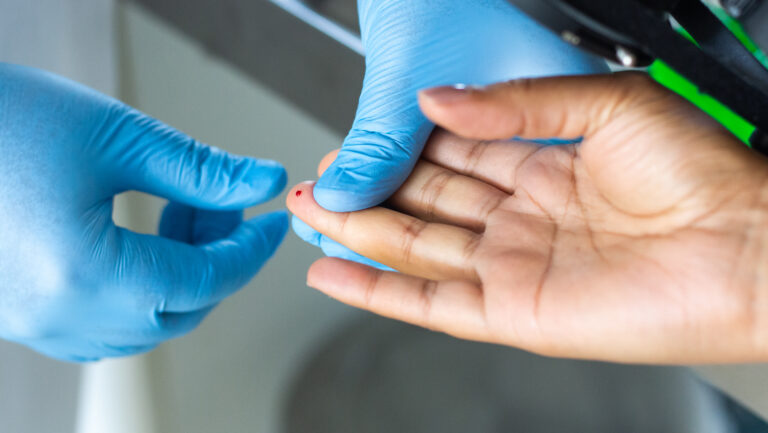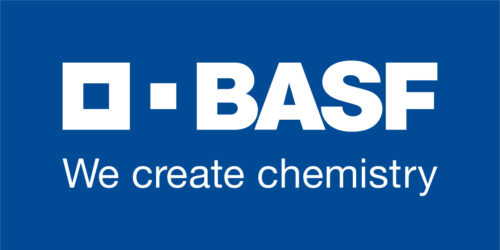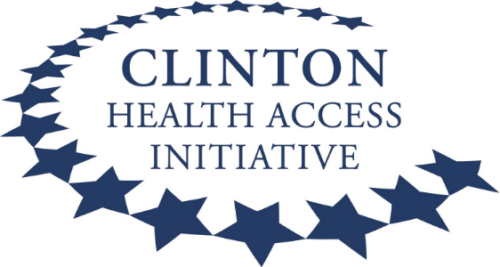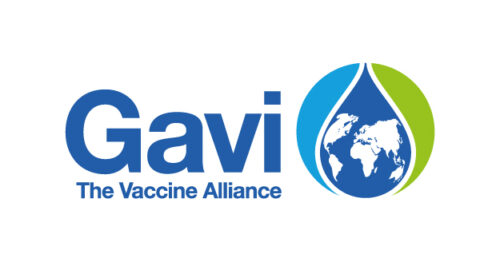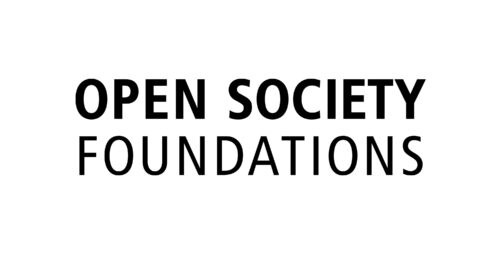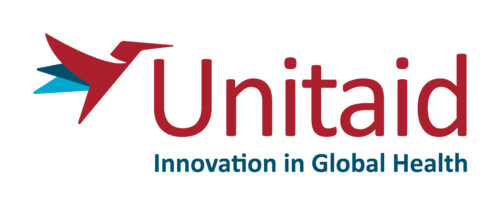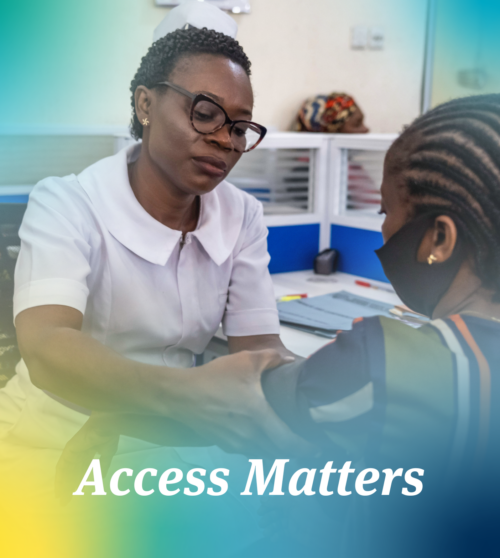MedAccess welcomes Brazilian Government’s commitment to P. vivax malaria elimination efforts
by MedAccess
7 June 2023 | News
MedAccess strongly welcomes the Brazilian Government’s decision to adopt G6PD testing and single-shot treatment to tackle Plasmodium vivax (P. vivax) malaria.
The decision means Brazil will become the first malaria-endemic country to adopt G6PD testing and a single dose treatment of tafenoquine. When taken together with chloroquine, the treatment provides a radical cure, clearing the parasite from a patient’s liver and significantly reducing the risk of relapse. This puts Brazil firmly on course to eliminate P. vivax malaria.
Testing for G6PD deficiency is essential to treating P. vivax malaria. The World Health Organization recommends treatment with chloroquine or artemisinin combination therapy followed by primaquine, an 8-aminoquoline drug, to clear the liver stage infection. Patients who are G6PD deficient are at risk of hemolytic anaemia during treatment with the 8-aminoquinoline class of drugs. As a result, healthcare workers often prescribe lowers doses of 8-aminoquinoline drugs over a longer period. This often leads to poor adherence as patients stop treatment when they feel better, despite the infection persisting in their liver.
“The Brazilian government’s decision will improve the lives of patients who have suffered months or even years of sickness due to P. vivax malaria,” said Hema Srinivasan, Chief Access Officer as MedAccess. “The combination of an accurate test and a fast, effective cure will significantly reduce reinfection and relapse, giving Brazil the chance to eliminate malaria. We congratulate all the researchers, scientists and officials whose hard work and diligence paved the way for this approval.”
The P. vivax malaria parasite caused an estimated 4.9 million infections in 2021. Patients with P. vivax malaria often experience fever, chills vomiting, tiredness and muscle pain. Severe cases can lead to death. Although P. vivax malaria claims fewer lives annually than P. falciparum malaria, it has a significant economic impact as it prevents people from working and studying. Lack of G6PD testing alone is estimated to contribute to global costs of $135 million per year.
MedAccess is supporting access to G6PD testing through a volume guarantee agreement with SD Biosensor. The agreement, signed in September 2022, ensured SD Biosensor would continue to produce affordable G6PD tests ahead of market entry by other providers in future years.
SD Biosensor’s G6PD test is currently the only approved quantitative test available. Following a development partnership with PATH, the test received authorisation from the Australian Therapeutic Goods Administration in May 2021, making it the only G6PD test approved for use by a stringent regulatory authority. Single-dose tafenoquine was developed by GSK and Medicines for Malaria Venture (MMV).
The Brazilian Government’s decision follows an evidence review by CONITEC, the Brazilian Commission of Technology Incorporation in the Public Health System, at the request of the Ministry of Health. The review analysed findings from the MMV and Ministry of Health co-sponsored TRuST study, which took place in Brazil in 2021 and 2022, and a qualitative study of patient and healthcare worker perceptions of G6PD testing and single dose tafenoquine linked to TRuST. It also undertook cost effectiveness and budget impact analysis.
